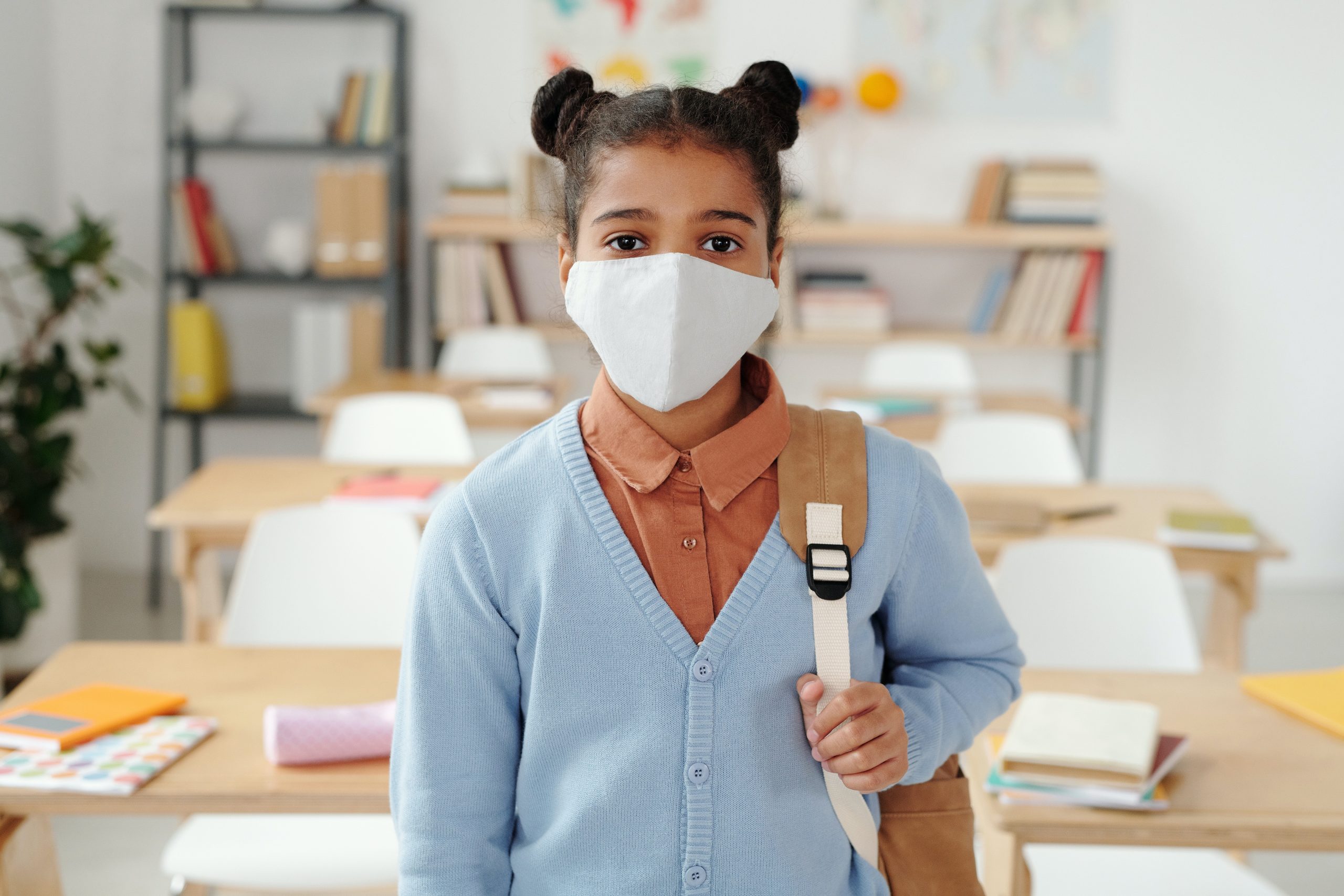(Transatlantic Today)-College COVID precautions are being reduced across the country as administrations weigh the risks of in-person courses. Currently, many are opting to reduce mandatory requirements such as masking and immunizations–stating their disbelief that COVID-19 risk is at the same level that it had been in prior years.
This decision has been controversial, as many believe we are heading toward a third consecutive year of illness and risk. These concerns come in the wake of the newly-announced Monkeypox pandemic risk, and the possible endemic spread of the Marburg virus, recently seen in Ghana. College COVID precautions are arguably more important now than ever before as we face a triple pandemic risk this fall.
With reduced guidelines and restrictions in place, many worry that the close contact and college lifestyle could lead to an uptick in cases in college communities and towns–which would have devastating effects on the surrounding populations and communities.
However, colleges continue to walk the line between student safety, health and wellness obligation, and total costs, which have risen considerably due to the inflation rates and upcoming recession.
There is more than just resource restrictions and finances that affect this decision, however. Both students and faculty are experiencing deep mental fatigue and burnout from the previous years of the COVID-19 pandemic, many of which claimed the graduations, freshmen years, and special moments for millions of students and faculty. There is a cultural shift toward the COVID-19 crisis; and it isn’t one of prevention.
To find a mutually beneficial solution, administrators ought to look for a more preventative strategy rather than a reactionary one. Burnout and the psychological effects of lockdown restrictions should be processed and acknowledged while keeping a fundamental framework in place for student and faculty safety and risk mitigation. While this looks different for every region and space, local community members continue to petition colleges for more solidified answers around policy, procedure, and risk management going into the 2022 school year.


























